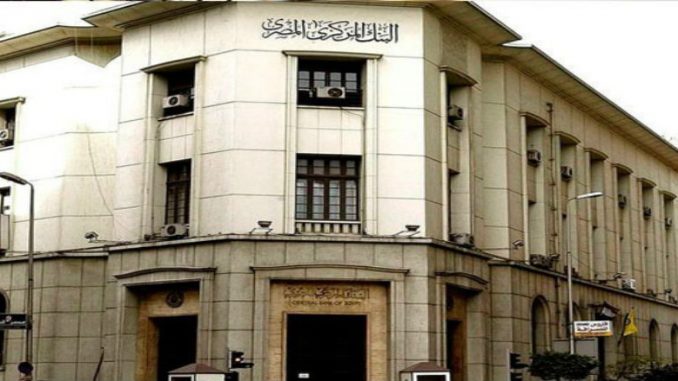
As Egypt continues to bolster foreign reserves and prepare for about $14 billion of foreign debt repayments in 2018, the central bank governor said that Egypt signed an expanded $3.2 billion financing deal with foreign banks, according to Bloomberg.
The repurchase transaction, signed in November 2016 for one year, was increased from $2 billion, Tarek Amer said in an interview, without saying whether the duration of the deal has changed.
Under the arrangement, Egypt’s Finance Ministry issued $4 billion in bonds on the Irish Stock Exchange last year, with the central bank buying them to use partly as collateral for the repurchase agreement.
Bloomberg reported that Egypt was able to boost its foreign currency reserves to about $37 billion since it floated the pound in November 2016 to end a dollar crunch that was crippling the economy. “But the increase was coupled by heavy external borrowing, with the country’s foreign debt rising to $79 billion in June from $55.8 billion a year earlier,” said Bloomberg.
Amer said that since floating the Egyptian pound, Egypt’s banking system has received a total of $80 billion.
According to the latest available central bank data, the country is set to repay $14 billion in debt principal and interest in 2018.
Some of Egypt’s debtors, including Saudi Arabia and the United Arab Emirates, have agreed to extend the repayment for their debt maturing next year, local media reported.
The central bank has said the increase in foreign debt was fueled by “low cost, long-term” funding, while Finance Ministry officials have repeatedly said external exposure remains within safe levels.
External debt made up 34 %of gross domestic product in June compared with 17 %a year earlier, while servicing foreign debt made up 13 %of annual current receipts, up from 10 %.
Last November, Egypt signed a $12 billion three-year International Monetary Fund (IMF)loan agreement tied to sweeping economic reforms such as tax hikes and subsidy cuts that the government hopes will lure back foreign investors.
The cash-strapped country has been borrowing from abroad to fund its budget deficit and boost its balance of foreign reserves.



